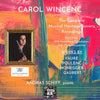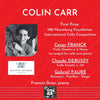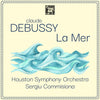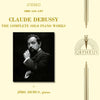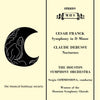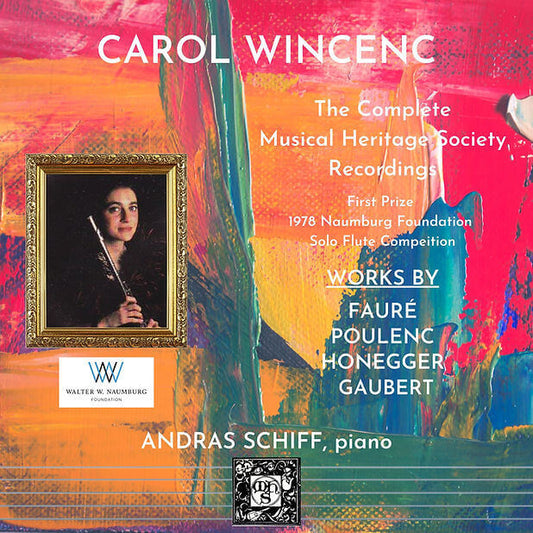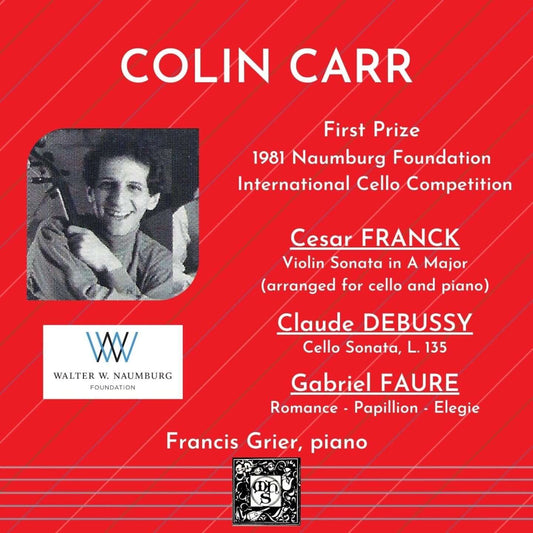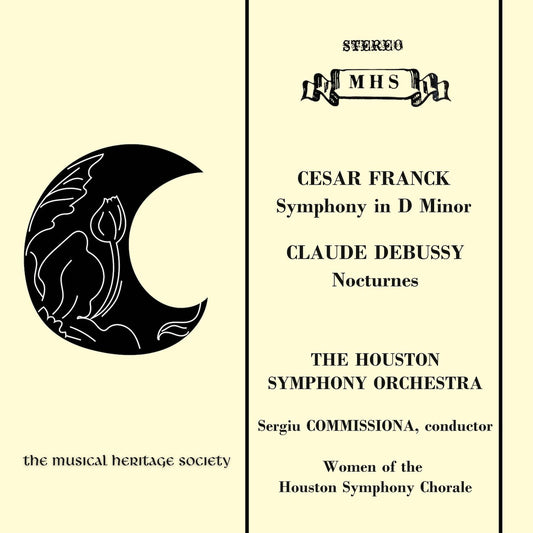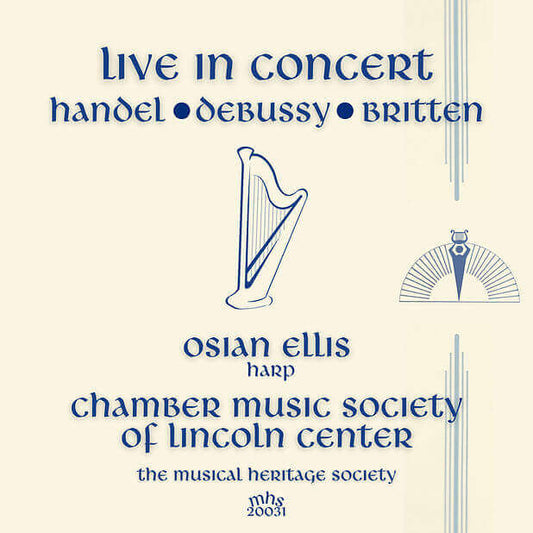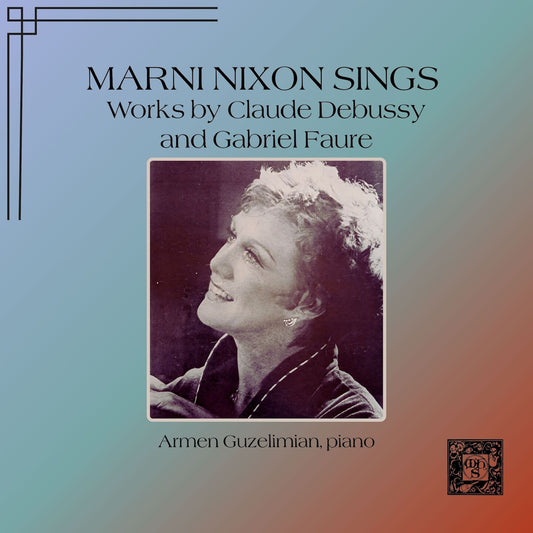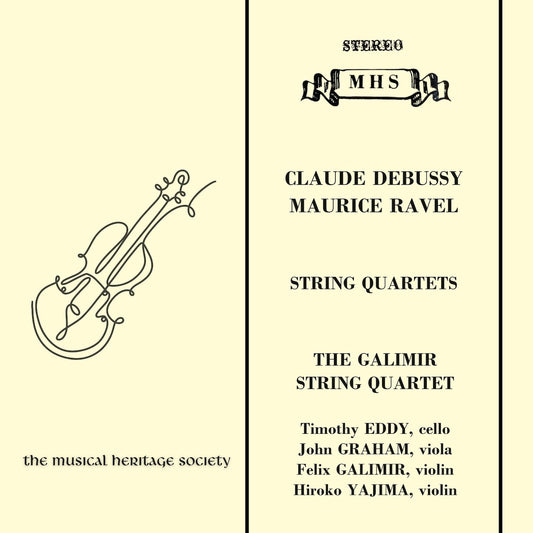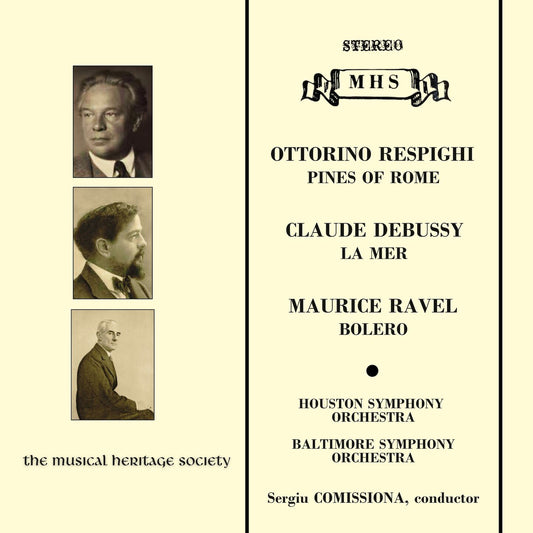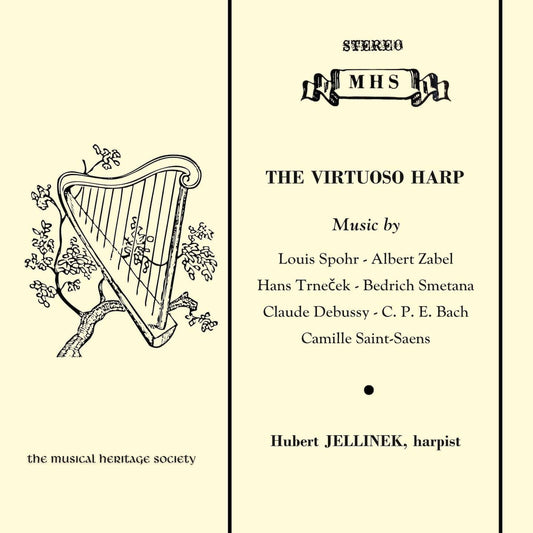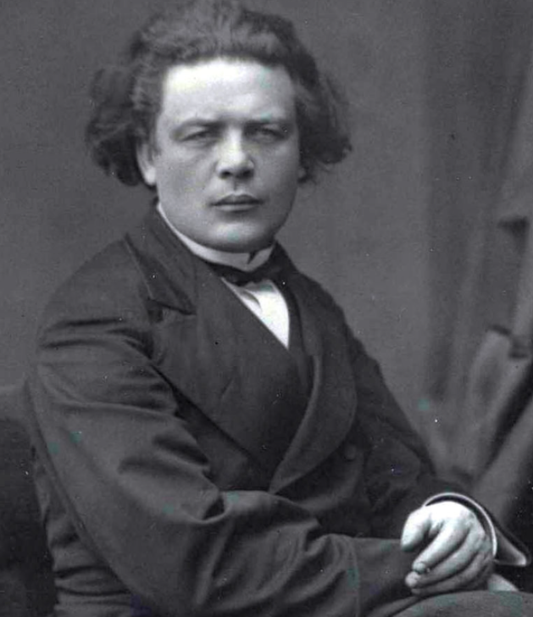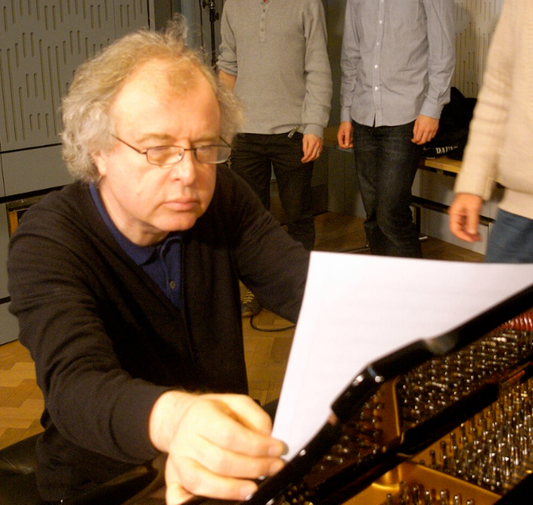Collection: CLAUDE DEBUSSY (1862–1918)
Claude Debussy (1862–1918) was a French composer whose innovative approach to harmony and musical structure made him one of the most influential figures in 20th-century music. Often associated with Impressionism, though he rejected the label, Debussy developed a distinctive style that broke away from traditional Western classical conventions.
Born Achille-Claude Debussy on August 22, 1862, in Saint-Germain-en-Laye, France, Debussy grew up in modest circumstances. His musical talent emerged early, and by the age of ten, he was admitted to the Paris Conservatoire, where he studied piano and composition. His unconventional ideas often clashed with the conservatory’s rigid teachings, but he excelled in exploring new harmonic possibilities.
In 1884, Debussy won the Prix de Rome, a prestigious award that allowed him to study in Italy. However, he found the academic expectations stifling and was more inspired by the works of Richard Wagner, Modest Mussorgsky, and French Symbolist poets.
Debussy’s compositions are characterized by fluid harmonies, non-traditional scales, and evocative imagery. His Prélude à l’après-midi d’un faune (1894) is considered a turning point in modern music, using lush orchestration and ambiguous tonality to create a dreamlike atmosphere.
His opera Pelléas et Mélisande (1902) broke away from traditional operatic forms, emphasizing subtle vocal lines and orchestral color over dramatic action. Other notable works include Clair de Lune, La Mer, and Suite Bergamasque, which showcase his ability to paint musical landscapes.
Debussy’s later years were marked by World War I and declining health. He composed chamber music, including his Études and Sonatas, before succumbing to cancer on March 25, 1918, in Paris.
Debussy’s legacy endures as a revolutionary composer who reshaped classical music, influencing generations of musicians and composers.

